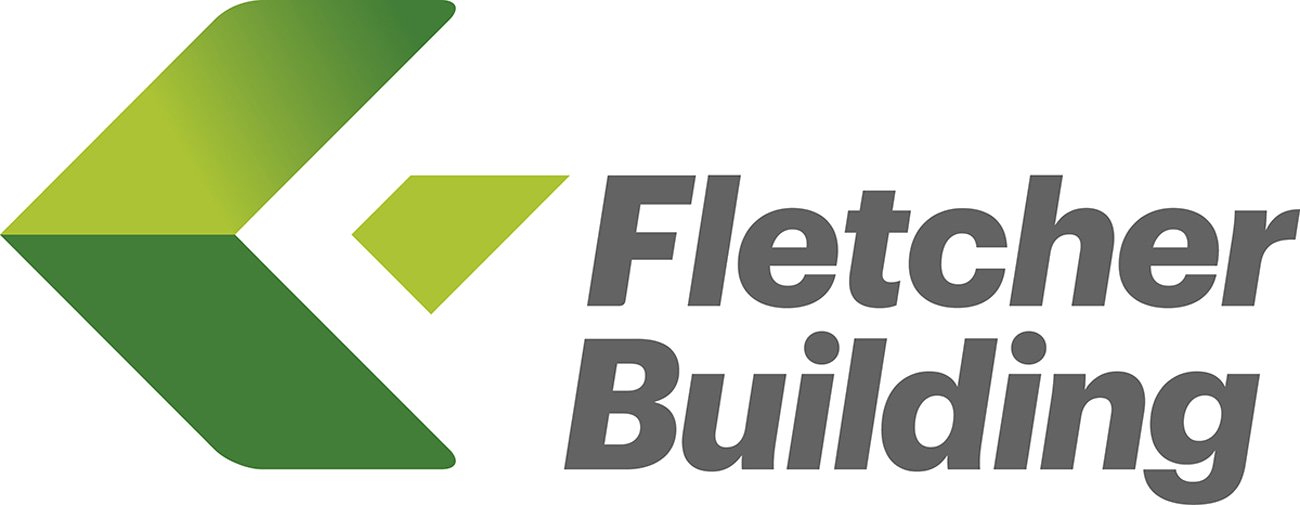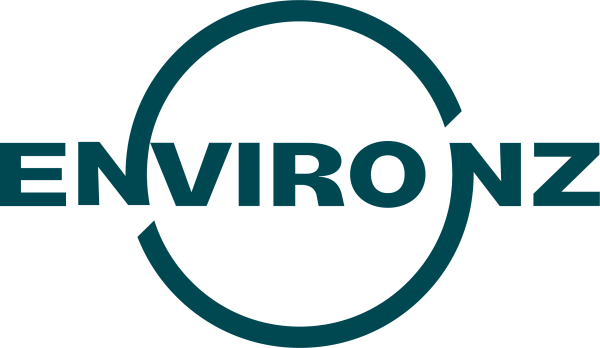In a previous blog we have introduced the topic of the Circular Economy and mentioned Product Stewardship in New Zealand, as a cornerstone strategy for the construction industry to achieve greater sustainability practices.
While some products are already under regulation, there are plenty of opportunities for those in the construction industry to take ownership and become far more invested in both product stewardship and the circular economy.
What is product stewardship?
So to recap, product stewardship is about everyone (not just those in the construction industry) understanding the life cycle of products and materials they consume, by being more conscious about items that are single-use or unable to be recycled.
By reducing our use of these products, it will certainly minimise waste. But better yet, we should aim to redesign where possible, in order to provide a longer life or a more effective recycling process for the product.
The widely-used ‘refundable deposit for bottles’ scheme is a classic example of product stewardship scheme, in which the refund encourages both collection and recycling. And it’s now used for items like paint and tyres. Could it be used for more products going forward?
Regulated product stewardship in New Zealand
Product stewardship in New Zealand is growing, with government regulations already requiring manufacturers of some products to develop a product stewardship scheme and have it accredited. By late 2020, these ‘priority’ products included:
● Plastic packaging
● Tyres
● Electrical and electronic products (e-waste)
● Agrichemicals and their containers
● Refrigerants
● Farm plastic
Voluntary government-accredited product stewardship schemes
Throughout New Zealand, industries have already decided to get ahead of the regulatory curve and create voluntary product stewardship schemes. These schemes are accredited by the Minister for the Environment under the Waste Minimisation Act 2008, and are on equal footing to mandatory schemes. Examples include:
● Envirocon, upcycling waste concrete into reusable precast wall systems
● Fuji Xerox zero landfill
● Glass packaging forum
● Interface carpet tile resurfacing
● Plasback agricultural plastic collection and recycling
● RE:MOBILE e-waste recycling for mobile phones and accessories
Why product stewardship works for construction
Concrete is the perfect example of how this approach delivers the most practical solution for the construction industry. Concrete is central to modern construction - virtually every construction or civil project will use it in some form. And it’s also highly perishable, with just a few short hours of usable life before it sets.
The economies of transporting concrete and its short usable life mean it’s sensible to slightly over-order the amount of concrete required. But unfortunately, this leads to large volumes of excess concrete, which often goes straight to landfill.
Under most sustainability models, excess concrete becomes a waste stream and a penalty point against your project. However, by using the circular economy approach it becomes an asset, not only allowing you to continue business as usual but also potentially saving you time, labour, and cost.
By diverting unused wet concrete from landfill and upcycling it into valuable construction products, we are playing an active role in the product stewardship of this incredibly important construction material.
So what other opportunities are there for product stewardship schemes in the New Zealand construction industry? Plenty. But it will take leadership from those involved in the design, manufacture and use of products and materials to take responsibility for their role in sustainability. And this is something we can’t act on quick enough if we want to avoid further destruction to our natural environment.









